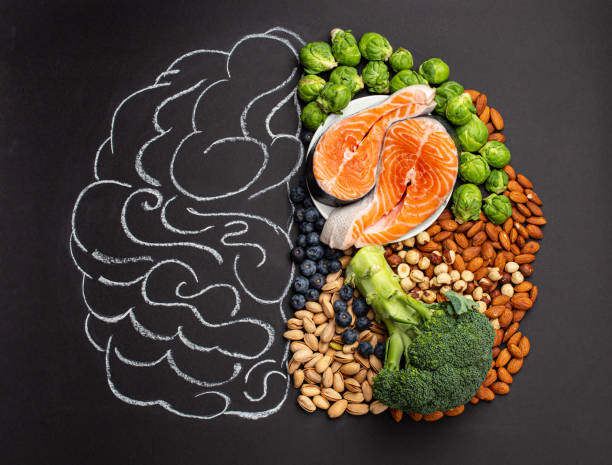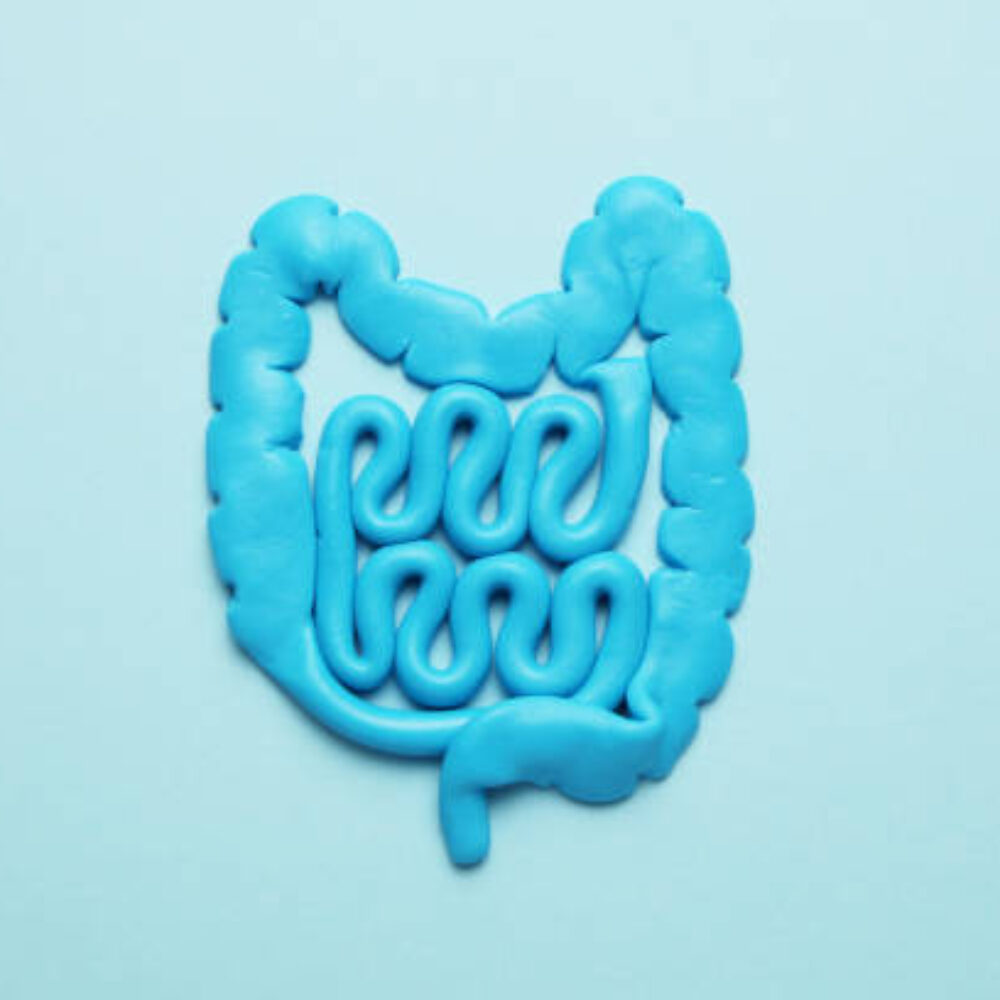If you are healthy through good eating habits, your mind will also be cheerful.
Food can cause chemical reactions and processes in our bodies that directly affect mental health. American nutritionist Kitty Brohier believes that if you want to reduce anxiety and stress, it is essential to consider your diet. If you maintain healthy eating habits, your mind will also stay cheerful.
Here, we share some Gut-brain connection diet that can help you improve your mental health.

Let’s learn about 5 Gut-brain connection diet that have a positive impact on mental health:
1. Don’t obsess over losing weight.
Shedding excess fat is crucial for maintaining health, but that doesn’t mean you should constantly worry about weight loss. Nutritionist Kitty Brohier suggests focusing on overall health rather than fixating on weight loss alone.
Dwelling excessively on weight loss can foster a negative mindset and increase stress. Instead, a healthy diet contributes to a happier mind.
2. Consume a variety of fruits and vegetables.
Include fruits and vegetables in your daily diet. Combined with adequate sleep, this promotes good mental health. According to a study in the peer-reviewed journal Nutrients, fresh fruits and vegetables enhance mental well-being by positively influencing creativity, anxiety levels, and symptoms of depression.
A diverse array of fruits and vegetables provides essential nutrients such as fiber, water, vitamins, and minerals. These elements play roles in bodily chemical reactions and processes that affect brain function efficiency.

3. Opt for colorful foods.
Eating colorful foods doesn’t mean artificial colors; rather, incorporate deeply colored vegetables like bell peppers, broccoli, spinach, tomatoes, and carrots into your daily meals.
Maintaining a healthy gut is crucial for the gut-brain axis. Research indicates that gastrointestinal disorders can alter this relationship, impacting mood and mental health positively.
Nutritionist Kitty Brohier notes that a healthy gut microbiome is essential for the gut-brain connection. Colorful fruits and vegetables contain various phytonutrients that support memory and maintain mental health.
4. Include fish in your diet.
In addition to consuming a variety of fruits and vegetables, regularly include fish in your meals. Studies suggest that regular fish consumption benefits mental health and may reduce the risk of dementia.
Lipids and essential fatty acids found in fish help lower the risk of depression. Harvard Health recommends consuming two to three ounces of fatty fish weekly. Fish consumption not only reduces the risk of depression and Alzheimer’s disease but also of heart disease and stroke.
5. Add probiotic food to your diet.
Add probiotic foods to your diet. Probiotic foods are very gut-friendly. These foods help grow good gut bacteria in our gut. Yogurt, kefir, beet kvass , and sauerkraut are good sources of probiotics. Add these foods to your diet. By improving your gut health, your mental health will improve day by day.
What foods should you avoid for better mental health?
Cake, pastries, and processed food contain artificial sugar, which can increase harmful gut bacteria in your gut. As a result, your stress levels rise.
Avoid caffeine, alcoholic drinks, chocolate, and soda if you want to improve your mental health. Drinking 4-5 cups of coffee can increase stress and disable certain areas of the brain, which reduces anxiety.
Fast food, chips, and fried food are bad for your gut health. Consuming these foods can decrease your digestive health. If your food doesn’t digest properly, it can impact your mental health.



